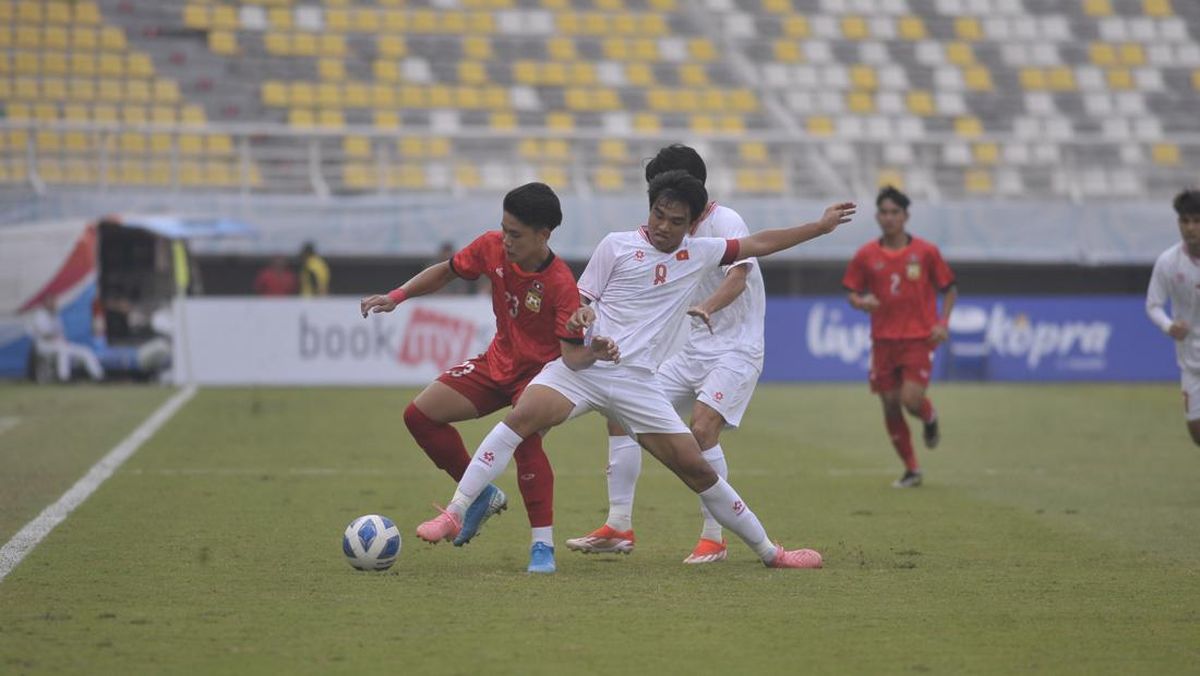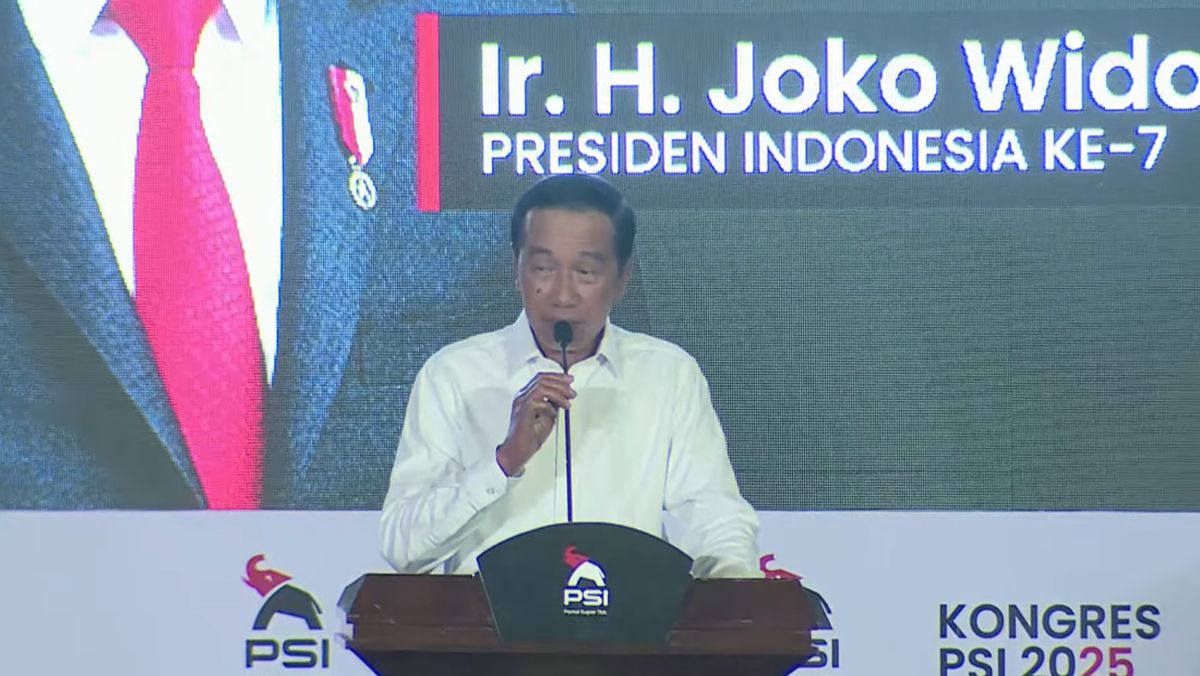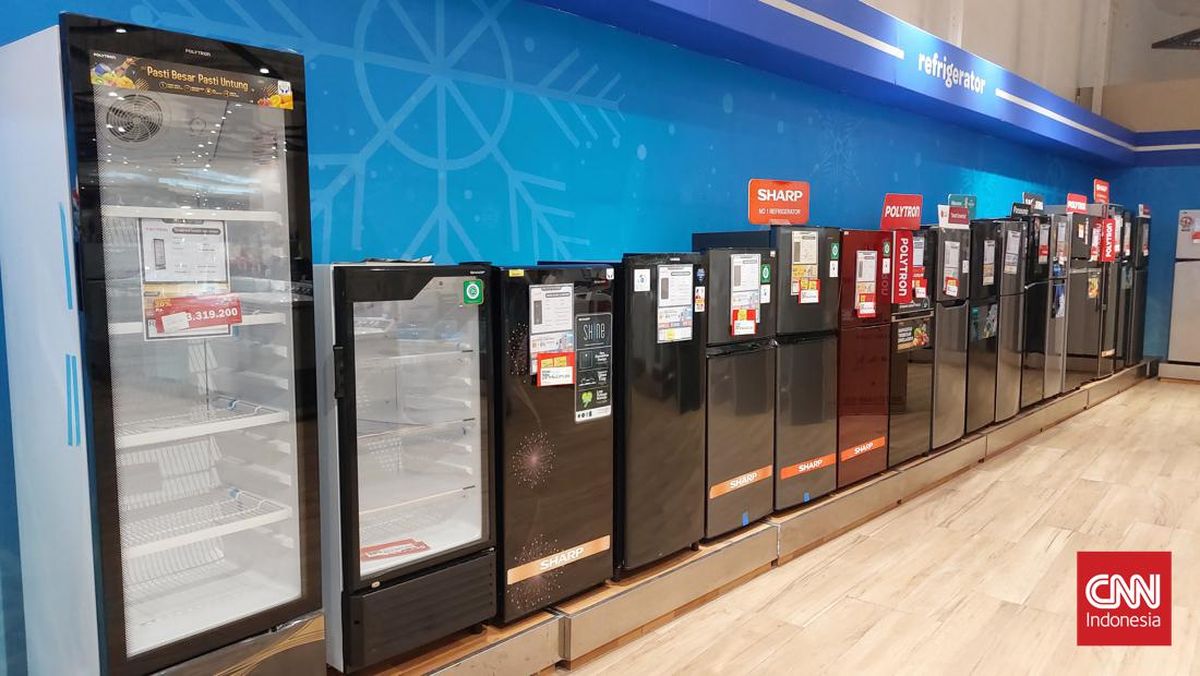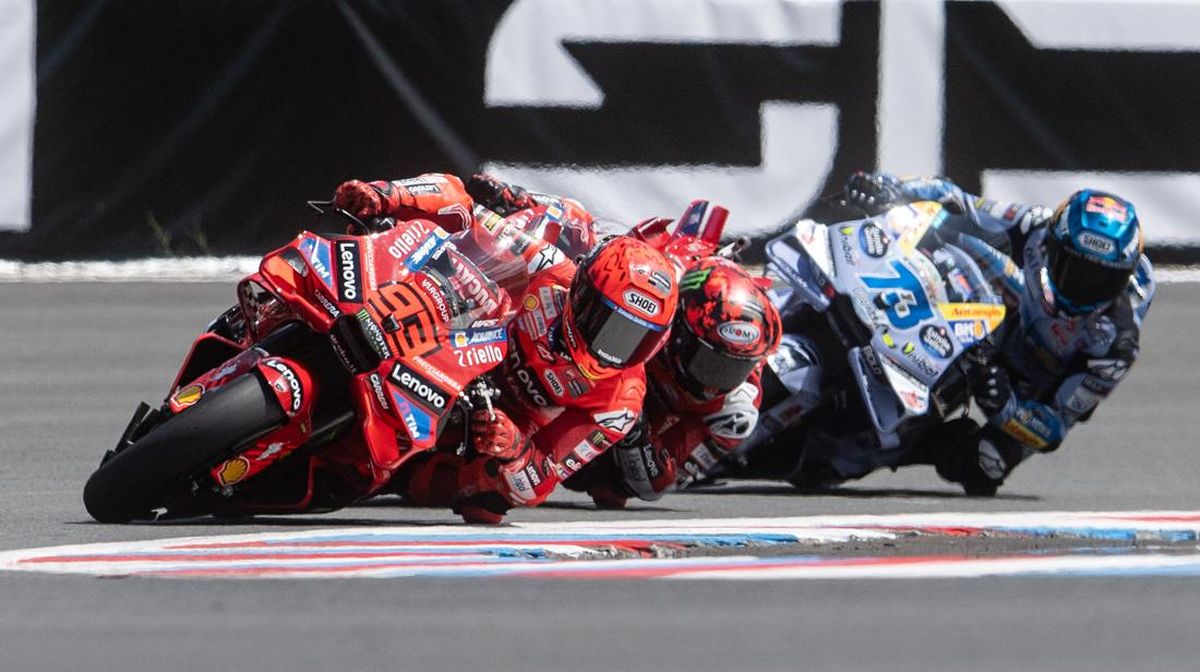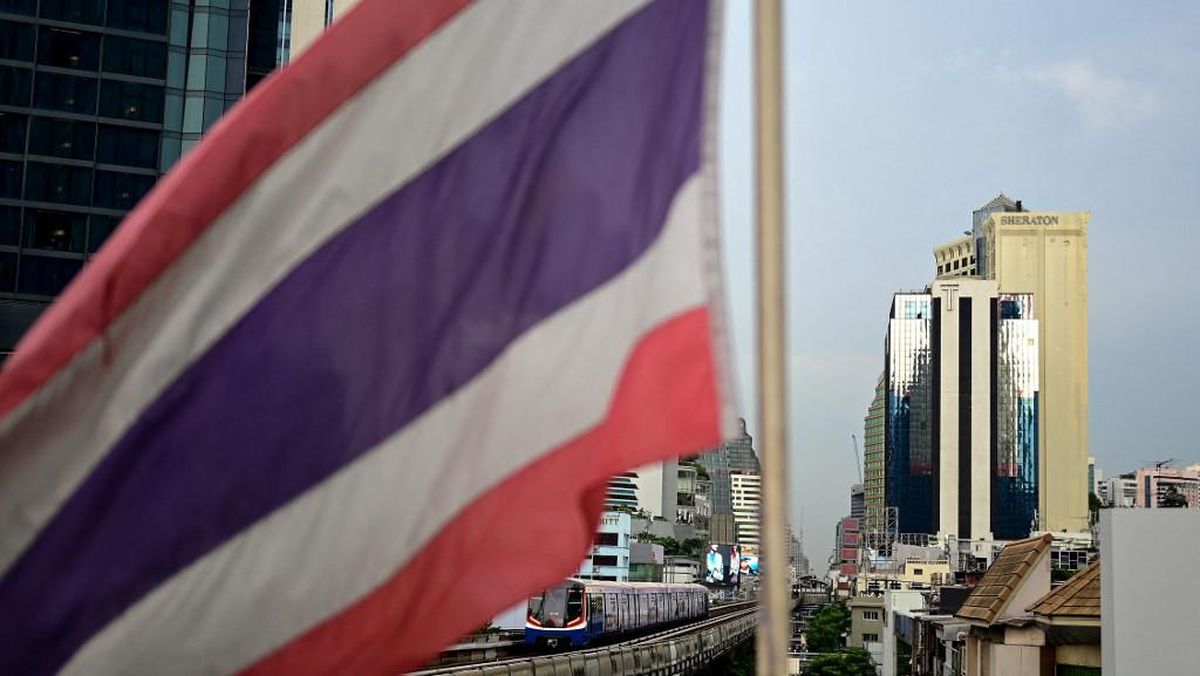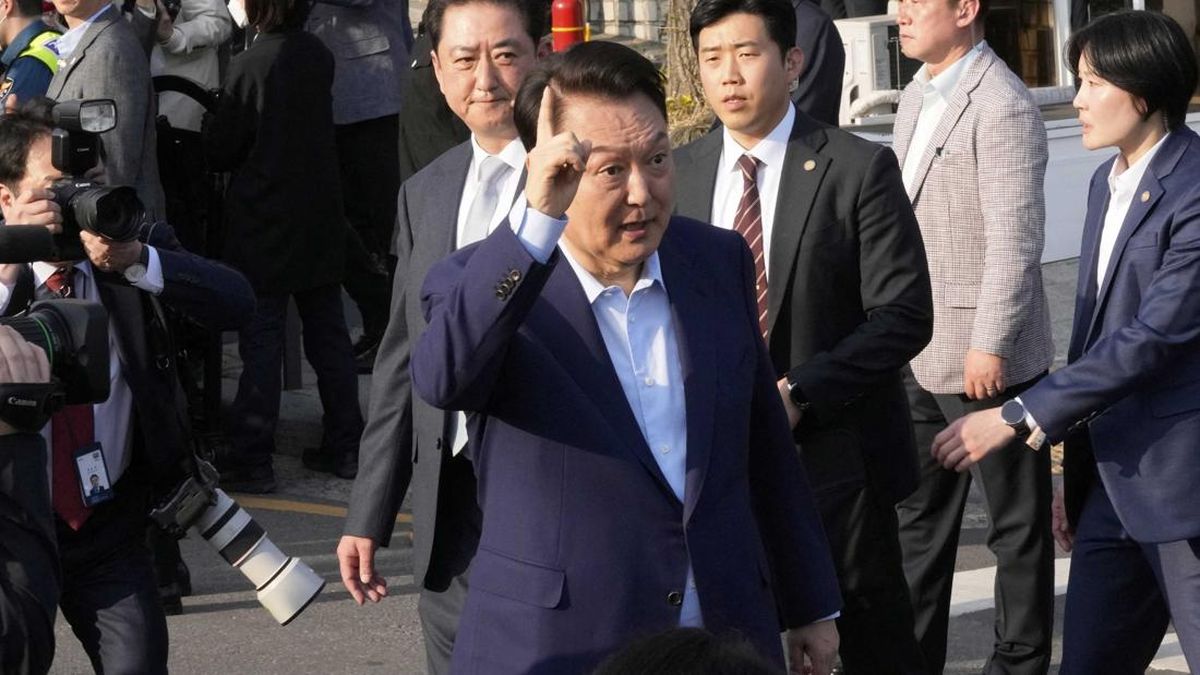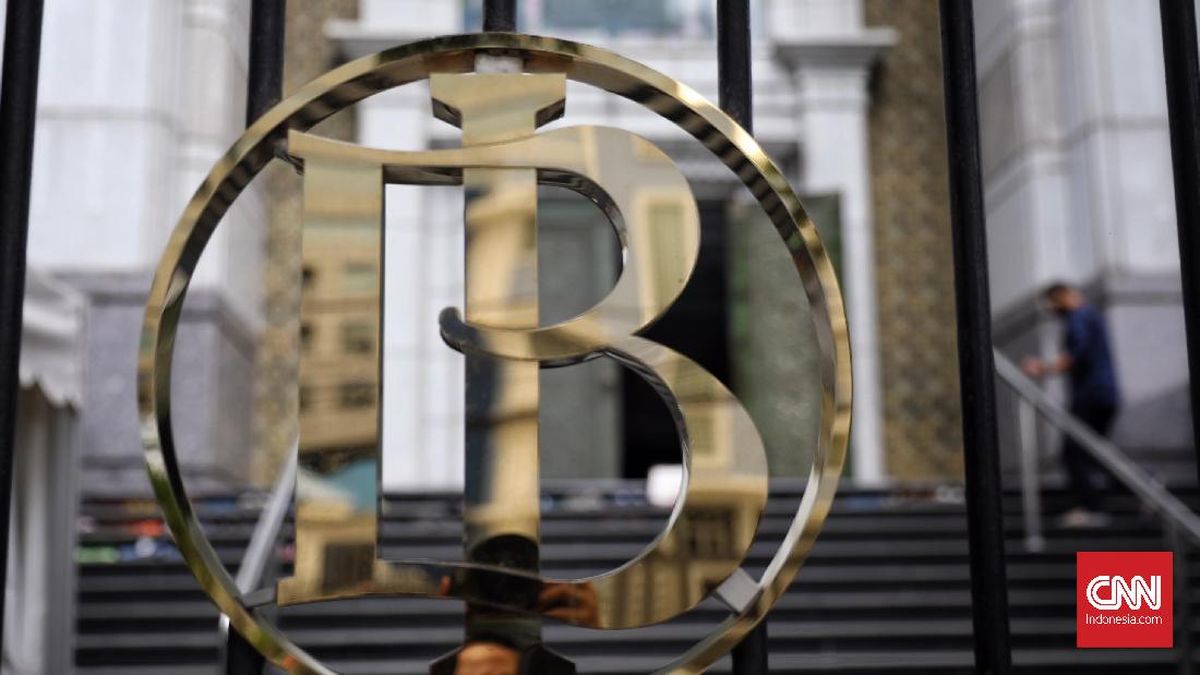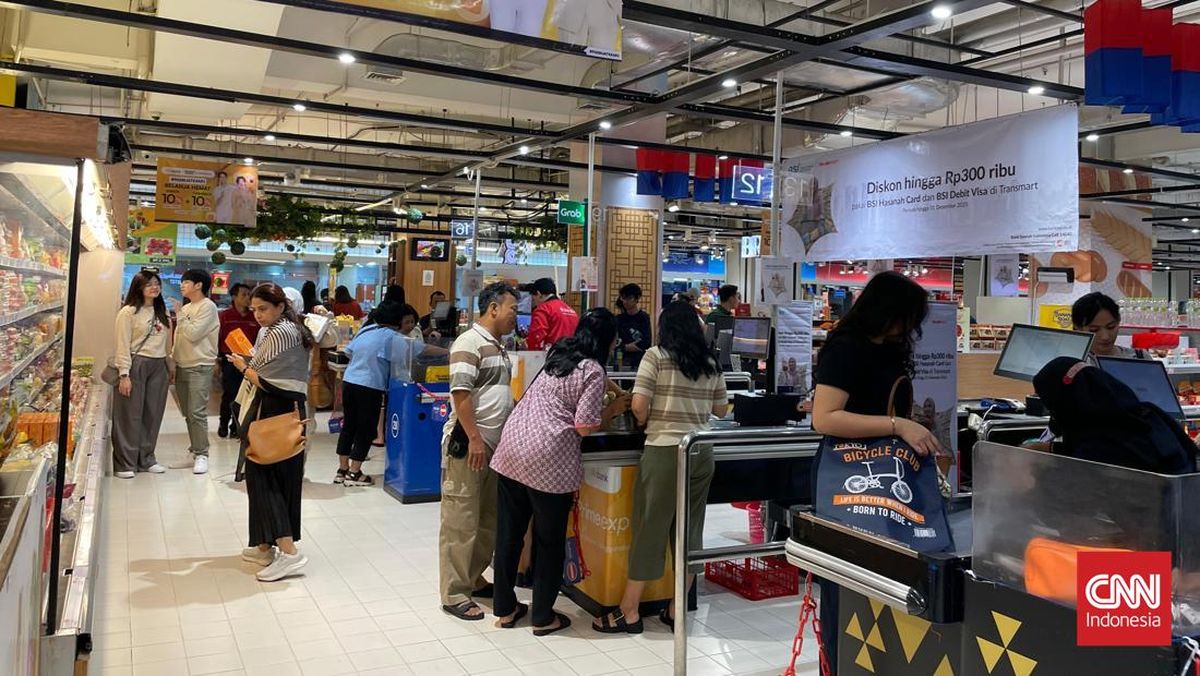Jail for former Indonesian trade minister over sugar imports a bitter blow for supporters
One of the architects of the Indonesia-Australia free trade deal and improved bilateral relations has been jailed in what supporters believe was a politically motivated prosecution designed to punish critics of the Indonesian government.
Thomas Lembong was jailed for 4½ years for illegally authorising certain sugar imports at the expense of the state when he was serving as the nation’s trade minister in 2015-16.

Thomas Lembong in Canberra in 2019. Credit: Alex Ellinghausen
Prosecutors requested a prison term of seven years, but a panel of judges gave Lembong a sentencing discount because they accepted he had not enriched himself in any of the supposedly corrupt deals.
The Harvard-educated investment banker is respected in Australian political circles for his work in the cabinet of then-president Joko Widodo’s cabinet and later as the chief of the country’s investment board.
Former Australian prime minister Malcolm Turnbull credited Lembong with facilitating what became a strong friendship between the Australian leader and Widodo.
Loading
But Lembong became a critic of Widodo in 2019. Significantly, he also served as an adviser to Anies Baswedan, who ran for president last year and was a serious challenger to Widodo’s chosen successor, Prabowo Subianto. Anies could again run for president in 2029.
Lembong was arrested in October, days after Prabowo was sworn in as Indonesia’s leader and a decade after the supposed crimes. The timing and allegedly “cherry-picked” charges against a high-profile opponent to the Widodo-Prabowo alliance set off red flags among democracy watchers.
High-level corruption is common in Indonesia, and decisions about whom to prosecute and whom to leave alone are, rightly or wrongly, interpreted as signals from powerful people at the top.
Prosecutors have denied Lembong’s arrest was politically motivated.
Lembong’s supporters jeered the three-judge panel in Jakarta’s packed Corruption Court as they handed down the sentence, as part of a 1000-page document, late on Friday afternoon local time.

Lembong (in blue shirt) in Jakarta in 2015 with then-prime minister Malcolm Turnbull and Joko Widodo, Indonesia’s then-president.Credit: AP
A web of regulations governs Indonesia’s sugar market, surpassed in complexity only by the case against Lembong, which included allegations he allowed a private company to import a type of sugar that was supposedly reserved for State-Owned Enterprises (SOEs).
Another allegation was that he permitted an SOE to import a certain type of sugar, which was then passed to private companies which didn’t have the required permits to process it, and prompted blockages and high prices for sugar.
The judges found that one of Lembong’s errors was putting capitalism over “Pancasila”, the state ideology rooted in five key principles: belief in one god, the unity of humanity, national unity, democracy and social justice.
“It is hard to avoid the impression that this was a highly politicised trial,” said Marcus Mietzner, an expert on Indonesia at the Australian National University. “The judges’ remark that Lembong favoured a ‘capitalist approach to trade rather than an approach based on the national state ideology, Pancasila’, is particularly flimsy.
“The judges also acknowledged that Lembong did not enrich himself. What exactly, then, he was convicted of remains somewhat of a mystery.”
Lembong’s legal team argued the prosecution’s case was nonsensical and erratic, noted that charges had changed months after his arrest, that his ministerial predecessor had approved similar moves, and that Lembong was acting responsibly – and legally – by ensuring the security of the national sugar stock.
“This verdict should be reviewed; otherwise, it will be dangerous for all state officials and ministers. They must now be prepared to be involved in corruption cases,” said Ari Yusuf Ami, the head of Lembong’s legal team.
“Government officials will no longer have the guts to make decisions. Then, the state cannot function.”
The defence is reviewing whether to appeal.
Get a note directly from our foreign correspondents on what’s making headlines around the world. Sign up for our weekly What in the World newsletter.
Most Viewed in World
Loading

